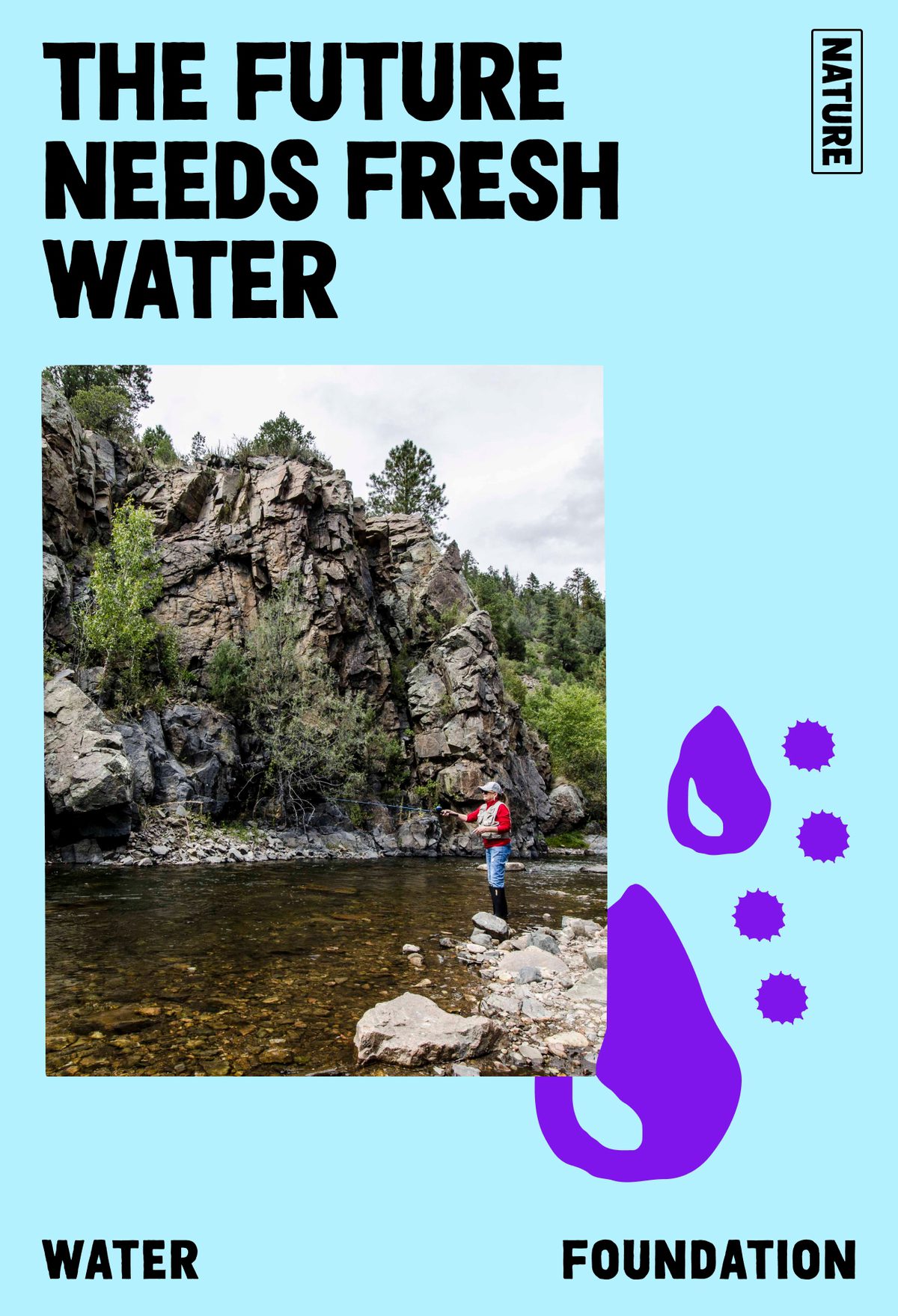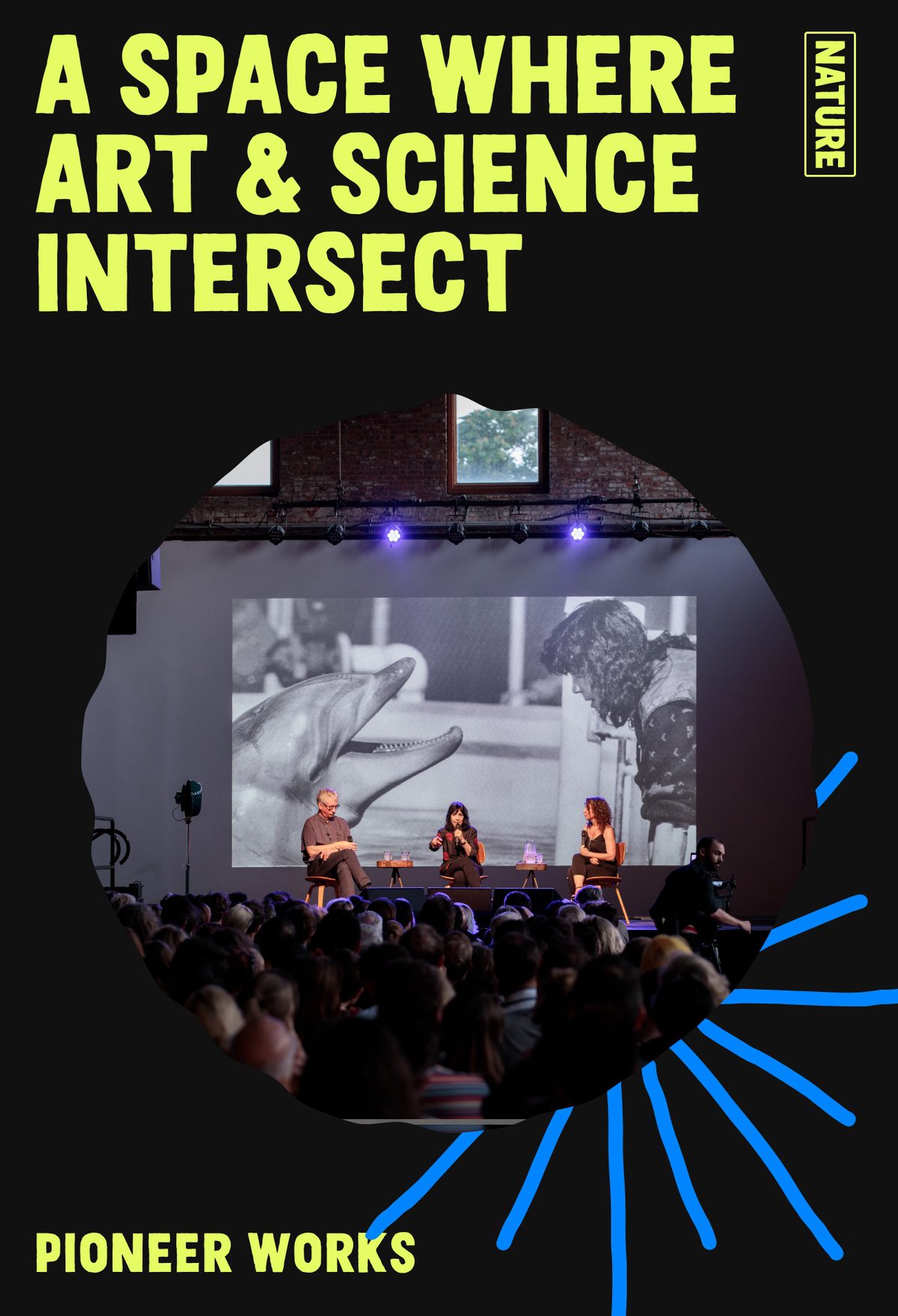Project CETI
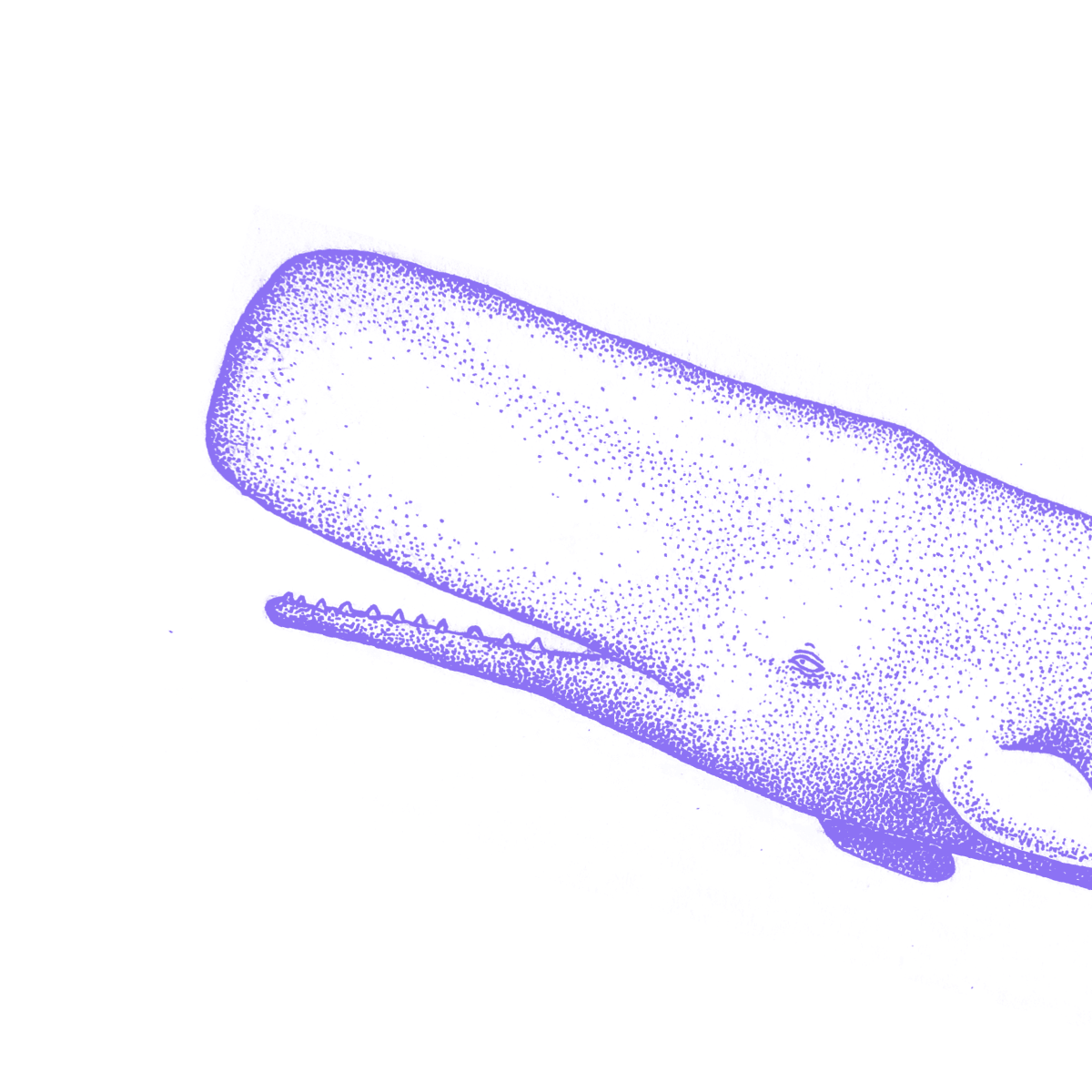
Project CETI—which stands for Cetacean Translation Initiative — is a nonprofit organization that records and translates the communication of sperm whales in Dominica via advanced machine learning and state-of-the-art robotics.
Using technology to listen and understand whale communication. Because connection to the natural world is at the root of all climate solutions.

-
Why this matters
Sperm whales specifically share traits strikingly similar to humans. They live in matriarchal and multicultural societies and share dialects and strong multigenerational family bonds. For the first time in history, advances in technology have made it possible to understand the communication of animals. Imagine what would happen if we could understand what other animals are saying? What would they say? What could we learn?
-
What you can do
You can help protect whales by staying at least 100 yards away when whale watching, limiting your use of single-use plastics to reduce pollution, buying sustainable locally-sourced seafood, and supporting marine protection organizations. Buying locally-sourced products (not shipped via sea) can also assist in reducing anthropogenic ocean sound. Learn more about Project CETI׳s work below.
Sperm whale vocalizations, among the loudest animal sounds on the planet, have a Morse code-like structure that shares the hallmarks of a highly evolved language.
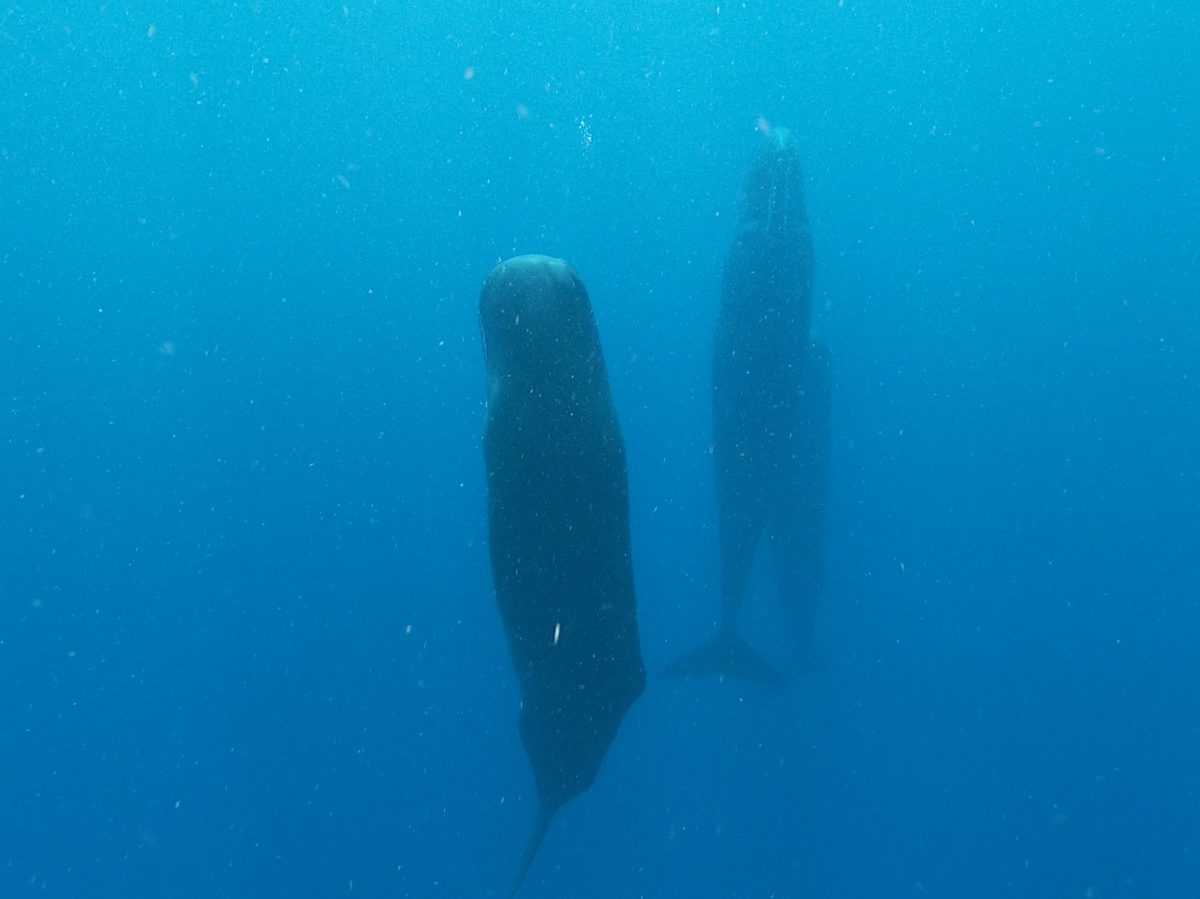
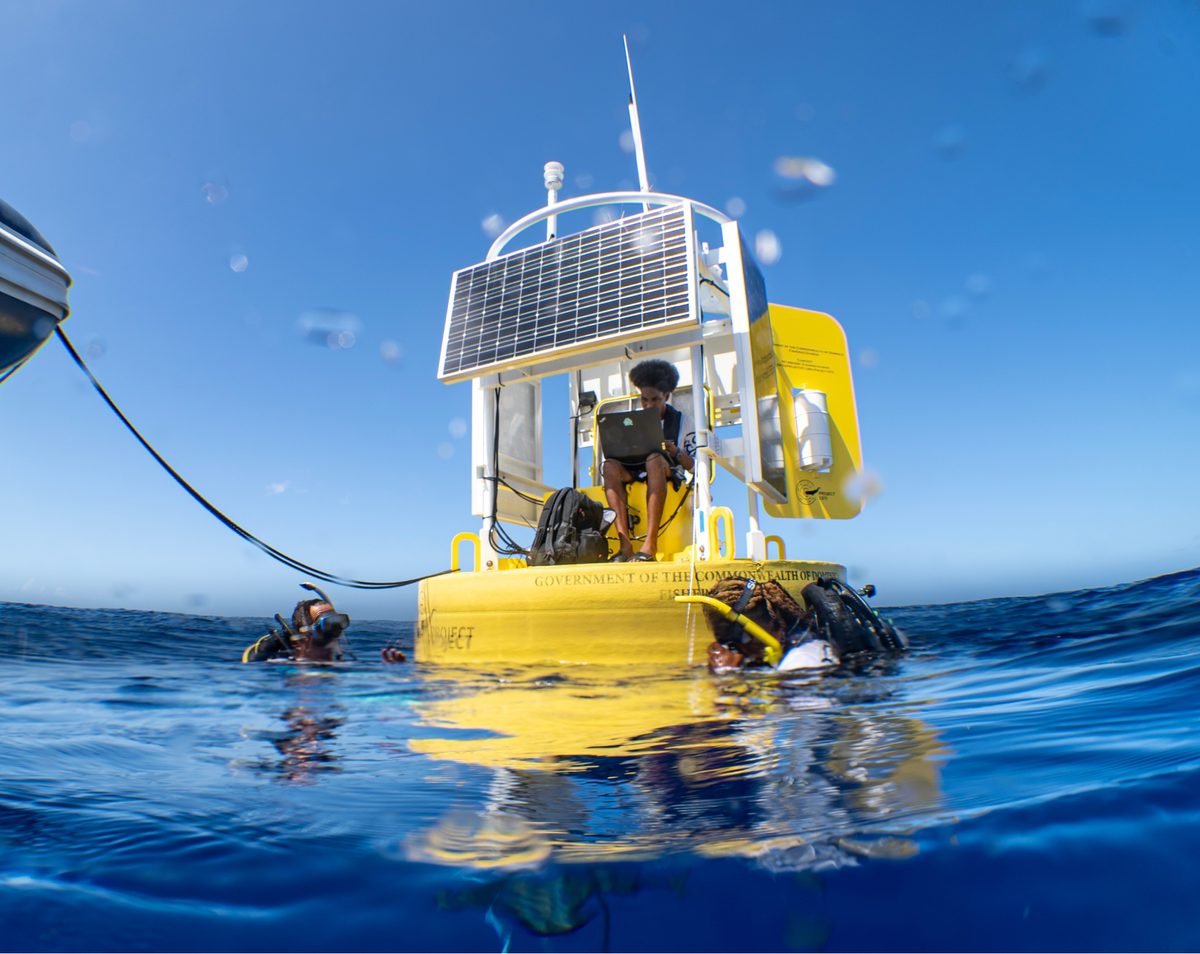
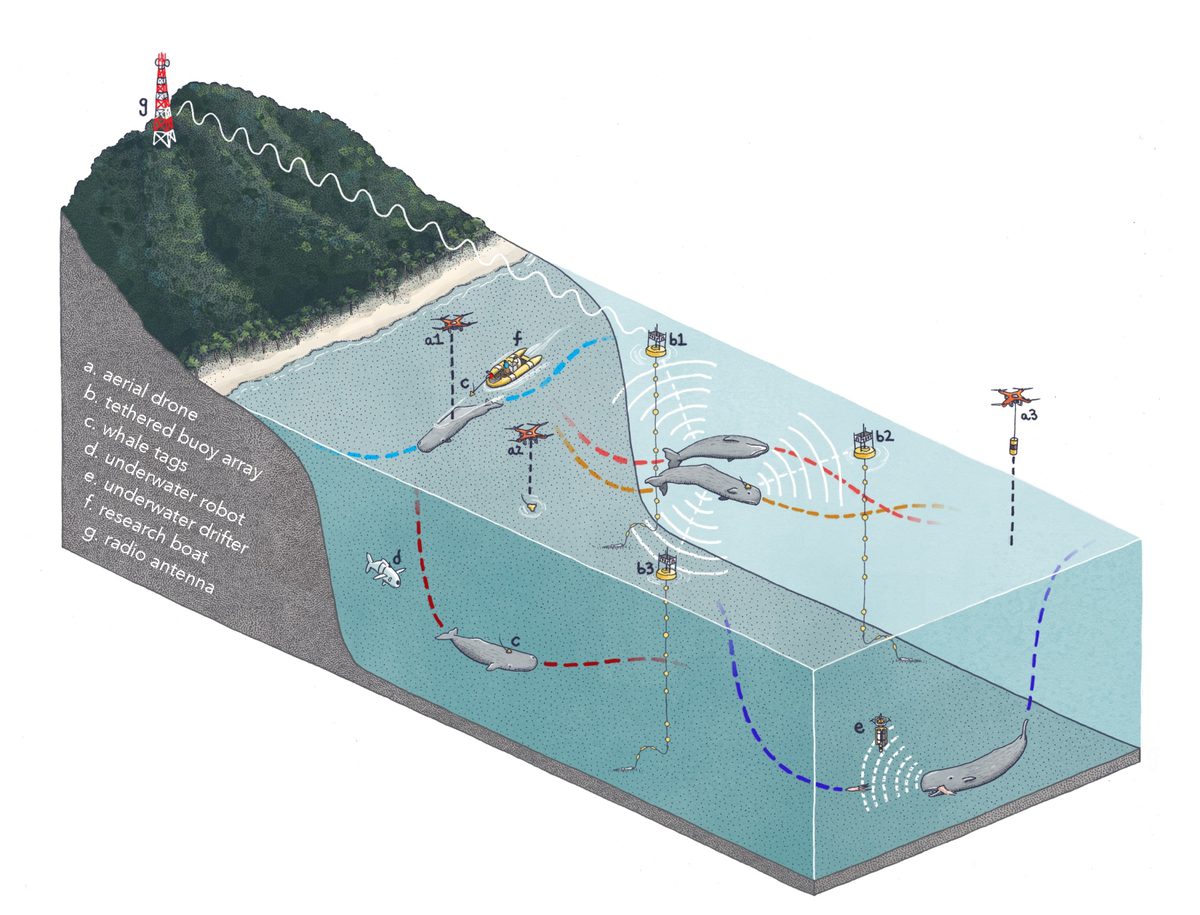
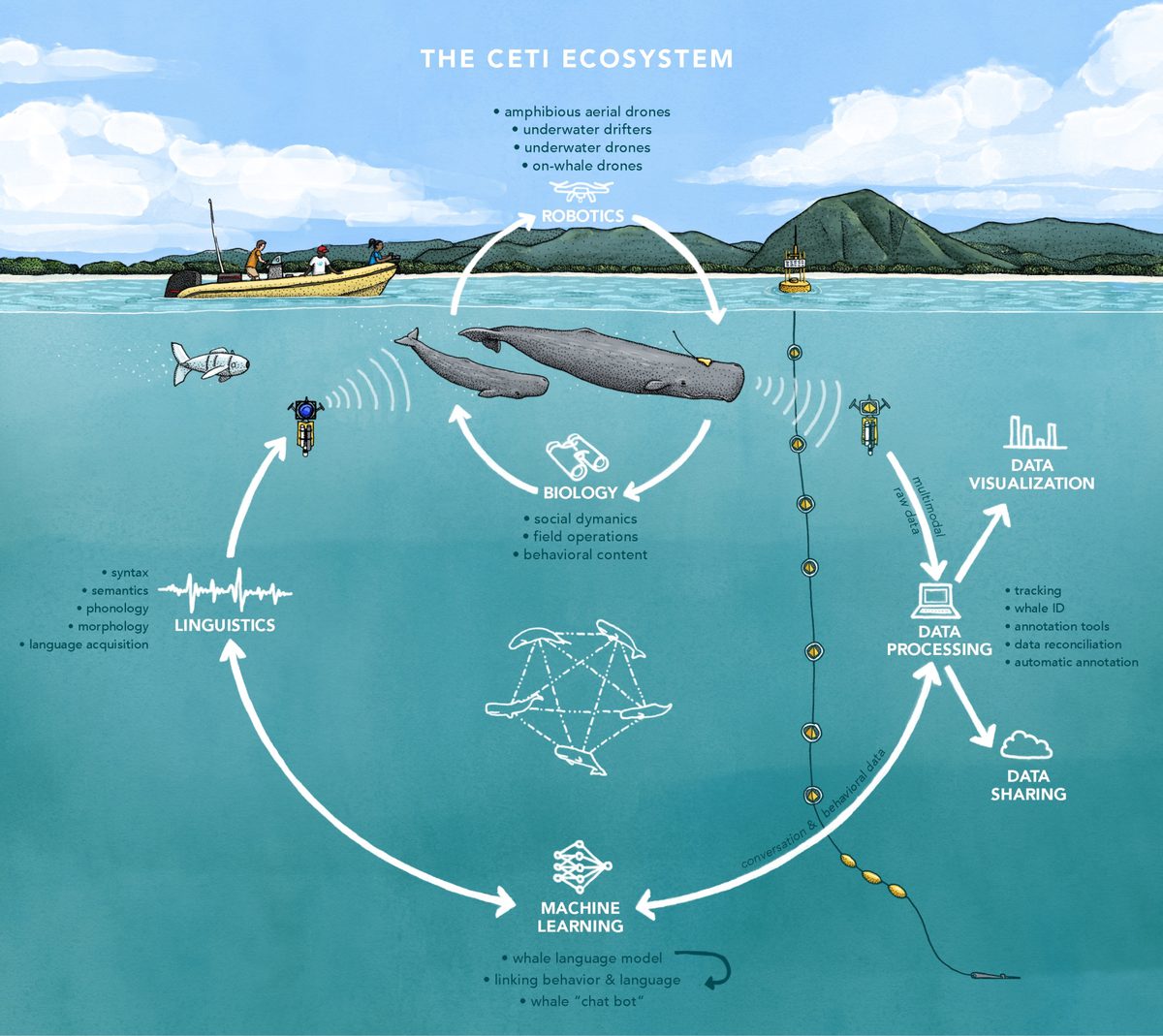
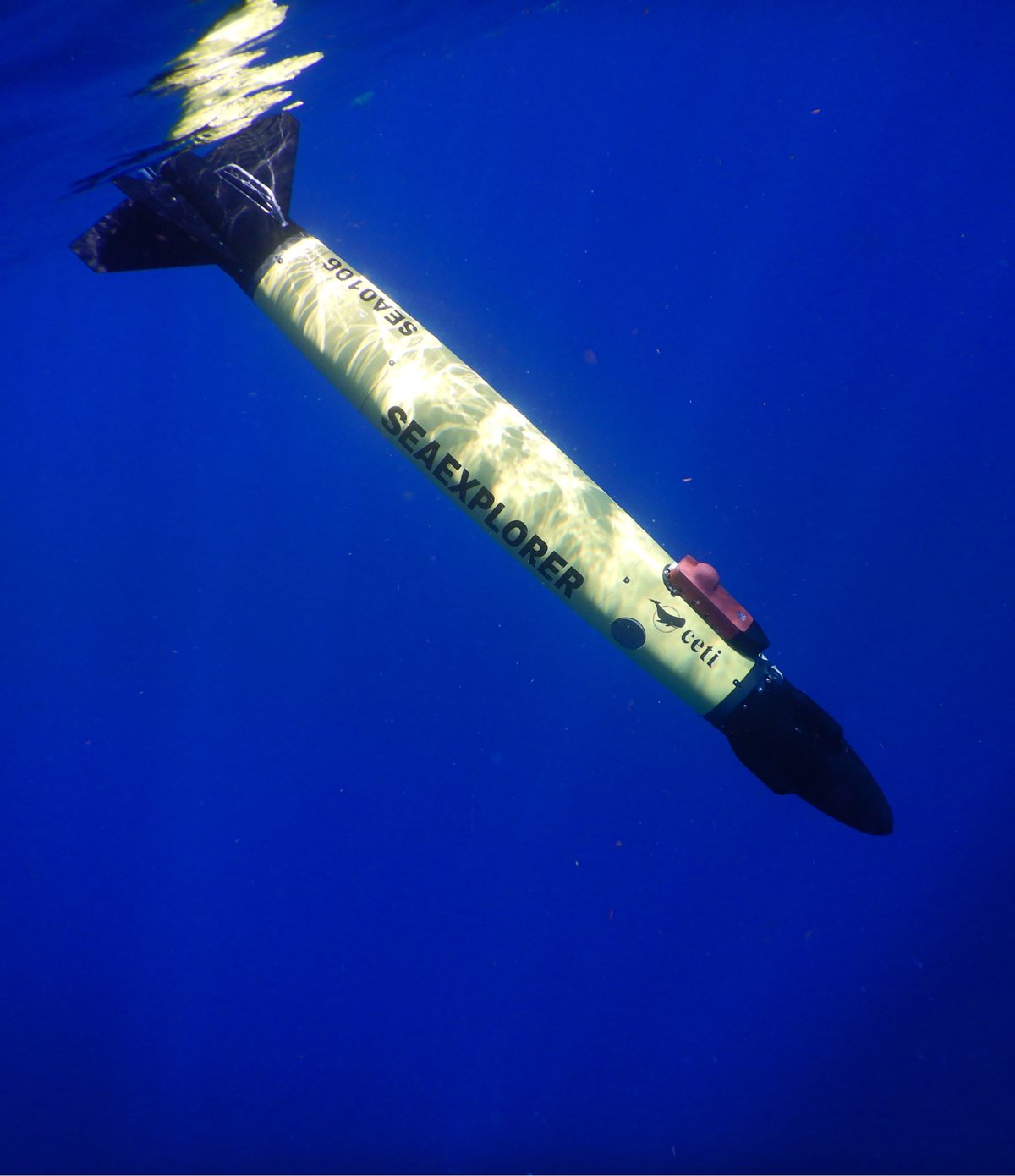
Speed & Scale
Illustration by Alex Boersma, Video by Amanda Cotton



